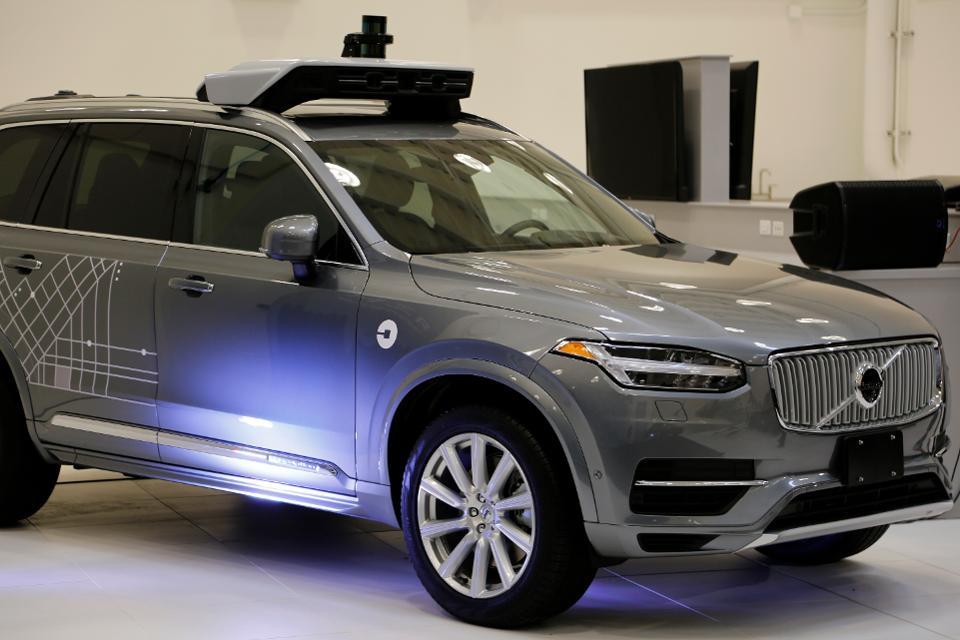
On November 21, according to Netease Technology News, despite the challenges Uber has faced with its self-driving car project this year, the company hasn't backed down. Competitors had taken legal action, and even former Google engineer Anthony Levandowski, who led the autonomous driving division, was involved in a high-profile lawsuit. Yet, Uber is doubling down on its commitment to becoming a major player in the self-driving car industry. So, it's unlikely that Uber will be left behind in the race for autonomous technology.
Last Monday, Uber announced a deal to acquire tens of thousands of Volvo XC90 SUVs from 2019 to 2021. These vehicles are specifically tailored for self-driving technology. Jeff Miller, head of the Uber Autopilot Technology Alliance, mentioned that Uber plans to purchase up to around 24,000 cars, though the number may vary depending on various factors. According to a report by the Financial Times, the total value of the agreement exceeds $1.9 billion.
Miller explained that the numbers might change as technology evolves and regulations develop. The cars will be low-profile versions of the 2015 model XC90 plug-in hybrid, which was part of an earlier agreement between Uber and Volvo. These vehicles will come equipped with sensors and radars, and Uber will add cameras on the roof, LiDAR devices, and a computer to process visual data and power the driving software.
According to Uber, the company will take full responsibility for its self-driving system and the decisions made by it, while Volvo will handle any potential issues related to the vehicle components. The flexibility of the contract is key, as the number of cars Uber plans to buy could increase or decrease based on technological progress and regulatory changes.
If Uber’s self-driving business takes off quickly, the company will want more vehicles to stay ahead of its competitors. On the other hand, if the development of autonomous technology slows down, Uber could face challenges like excess inventory. However, purchasing tens of thousands of cars at once is a significant move, showing the scale of Uber’s ambitions.
Uber’s main competitor, Waymo, currently has an agreement with Fiat Chrysler to acquire around 600 vans, but more deals could follow. Miller noted that Uber’s approach is more aggressive than just buying a few hundred cars at a time. The goal is to achieve large-scale deployment of self-driving vehicles.
Interestingly, Uber’s decision to purchase thousands of cars contradicts its previous "cooperation without ownership" strategy. Unlike traditional models, Uber doesn’t own cars on its ride-sharing platform, and its UberEats service doesn’t operate its own restaurants. Previously, Uber ended partnerships with companies like Daimler, but its collaboration with Volvo continues.
Miller said: “Building a self-driving car sharing network is the best way to own your own car. It allows us to be active participants rather than passive observers.†He added, “The ultimate goal of autonomous technology is to eliminate the need for human drivers.â€
As Waymo prepares to launch its first commercial self-driving service, Uber is determined not to fall behind. By owning its own fleet, Uber can take control of its future instead of relying on partners. “We want the freedom to choose,†Miller said. “What we really want is to control our own destiny. And the only way to do that is to become an owner and operator.â€
Teflon Insulated Cable Resistant To Refrigerant
Teflon Insulated Cable Resistant To Refrigerant,refrigerant-resistant cable,motor winding lead wire,FEP insulated cables
Jiangyin City Weicheng Special Cable Co.,Ltd , https://www.weichengcable.com